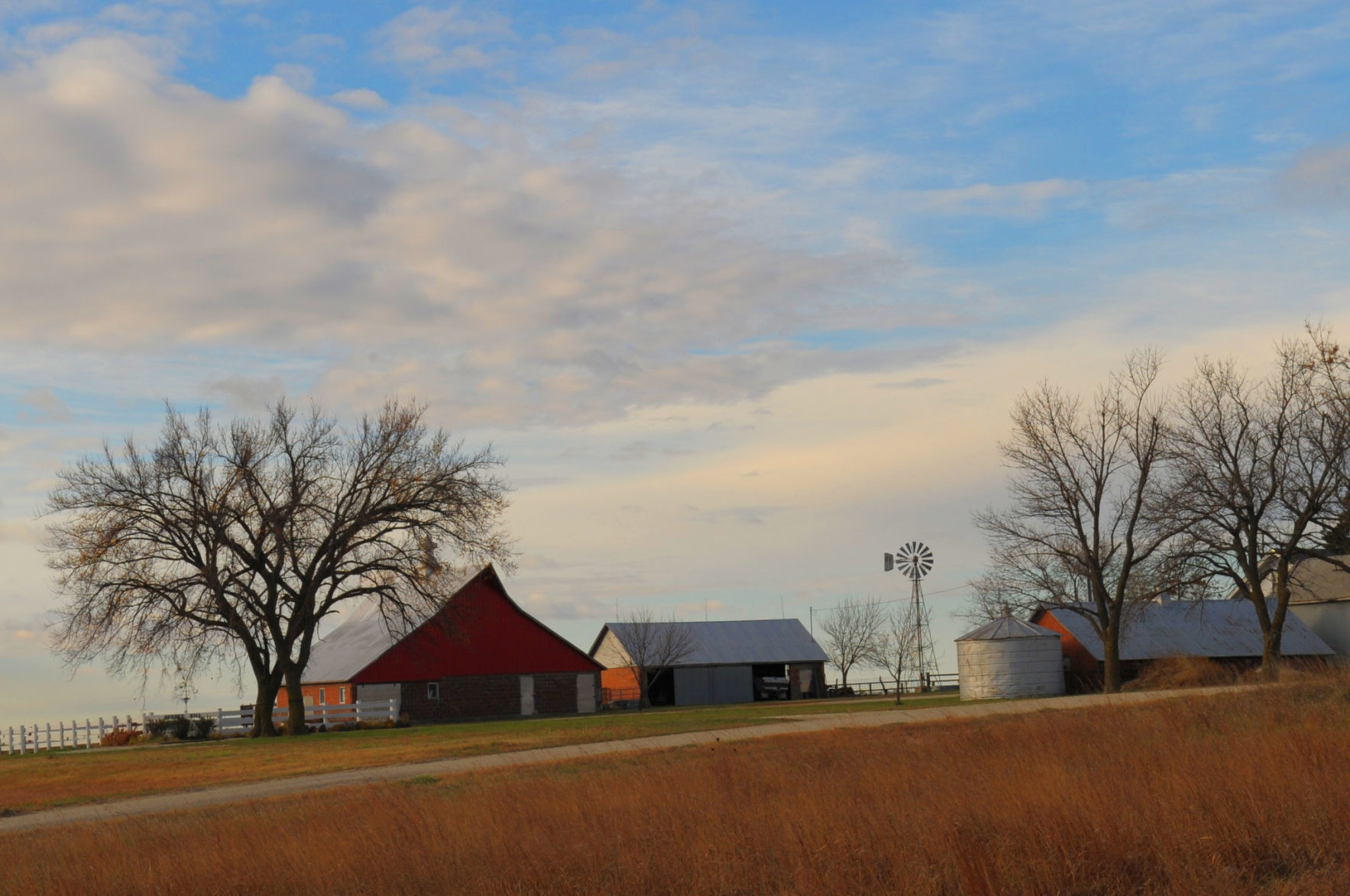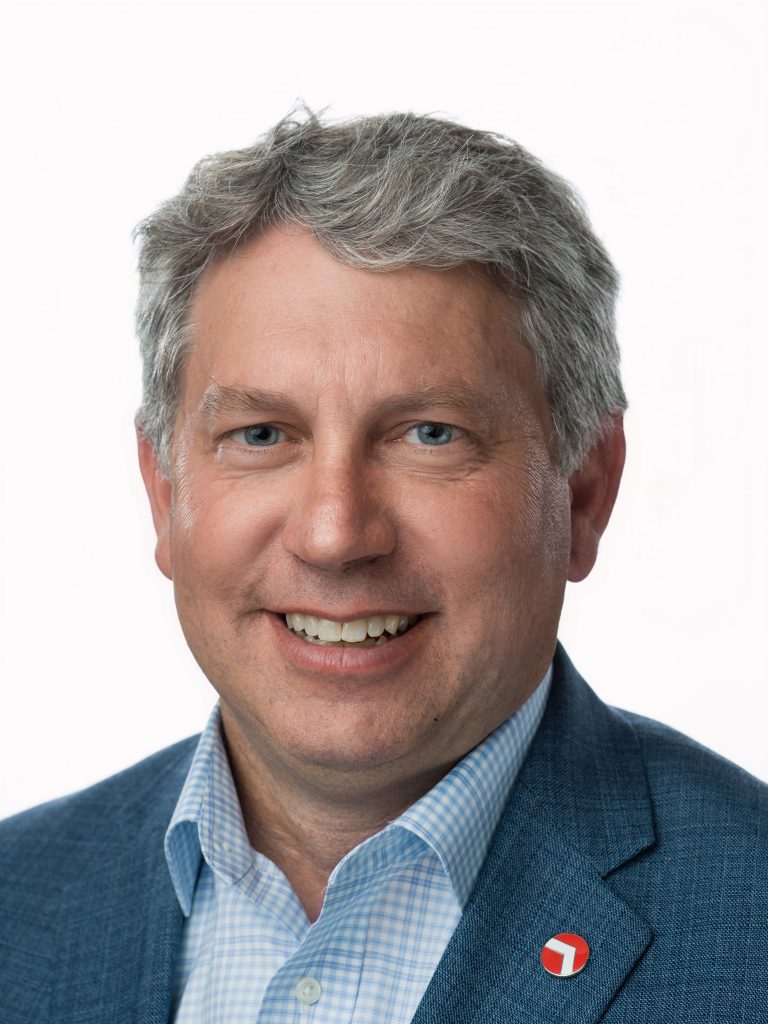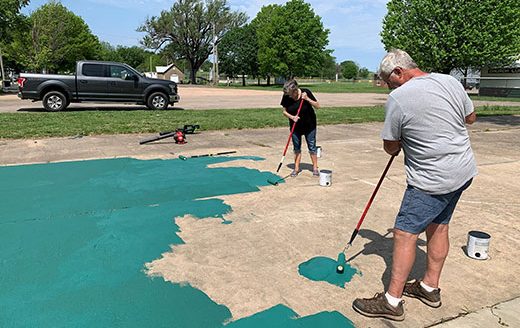Former US Ambassador to deliver Gardiner Global Food Systems lecture Oct. 9

Kansas native Doud will talk about the future of U.S. agricultural trade
Kansas-born Gregg Doud, whose stellar career in agricultural trade policy includes leading often-intense discussions with China between 2018 and 2020 as the chief agricultural negotiator in the Office of the U.S. Trade Representative, will be the featured speaker for the Henry C. Gardiner Global Food Systems lecture Oct. 9 at Kansas State University.
Doud’s talk—titled “The Future of Agricultural Trade, Geopolitics and Food”—begins at 7 p.m. in K-State’s McCain Auditorium. Admission is free. The lecture will also be available on the day of the event by video livestream.

Born in Mankato, Kansas, Doud earned undergraduate and graduate degrees from Kansas State University before embarking on a career that includes serving as a market analyst for U.S. Wheat Associates; chief economist for the National Cattlemen’s Beef Association; and president of the Commodity Markets Council.
Since 2020, Doud has been vice president of global situational awareness and chief economist with Aimpoint Research, a global, strategic alliance that specializes in agri-food. He recently left that position to become the chief executive officer and president of the National Milk Producers Federation.
He was also a senior staff member of the U.S. Senate Agriculture Committee that wrote the 2012 Senate farm bill.
Doud said his talk at K-State will focus on the future of agricultural markets.
“I plan to talk about the future of agricultural trade as it relates to protein – beef, pork, poultry and dairy,” he said. “If you look 10 years down the road, in no way does the (current) supply of animal protein…come anywhere near meeting the global demand.
“So, if you look around to see who can produce more protein, the answer becomes pretty obvious that really the only place this is going to happen is in North America. Nowhere else on Earth has the capability to meet the expected demand; the countries in North America have the capability and I believe my charge is to say, ‘Let’s go.’ Let’s get in gear and go meet this demand.”
Pork and dairy production in Europe is declining, he said. New Zealand farmers also are talking about shrinking their dairy herds.
“There are few places on Earth that can produce more dairy cows and milk (than is currently being done),” Doud said. “But in the United States, we can do that, and you’re going to see Kansas and the Central Plains make a big play in this area. In fact, you already are.”



